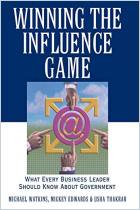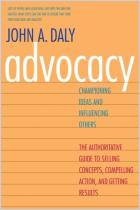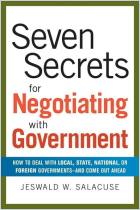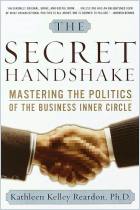
Recommendation
If you’re a small business owner and think you have to endure a mind-numbing civics class to lobby effectively, here’s good news: Author Amy Handlin shows you how to contact and educate your local and state elected officials so you can enlist their support. Using the simple formula of “target, tools and tactics,” she shows business owners – or anyone who needs to lobby – the best ways to reach lawmakers. Her guidance is written for people in the United States, but she shares broadly applicable methods. The book includes an appendix chock-full of writing samples and resources. This manual is basic but interesting, and it doesn’t talk down to its audience, though you might quibble with some of the author’s stylistic choices. Still, getAbstract believes that because it removes the mysteries behind lobbying without being dull, and because it offers a practical step-by-step lobbying process, this book is well worth a small business owner’s time – especially any small business owner with a regulatory ax to grind.
Summary
About the Author
Amy Handlin has worked in state and local government for more than two decades. She is deputy minority leader in the New Jersey General Assembly and an associate professor of marketing at Monmouth University. She also wrote Whatever Happened to the Year of the Woman? Why Women Still Aren’t Making It to the Top in Politics.





















Comment on this summary or 开始讨论